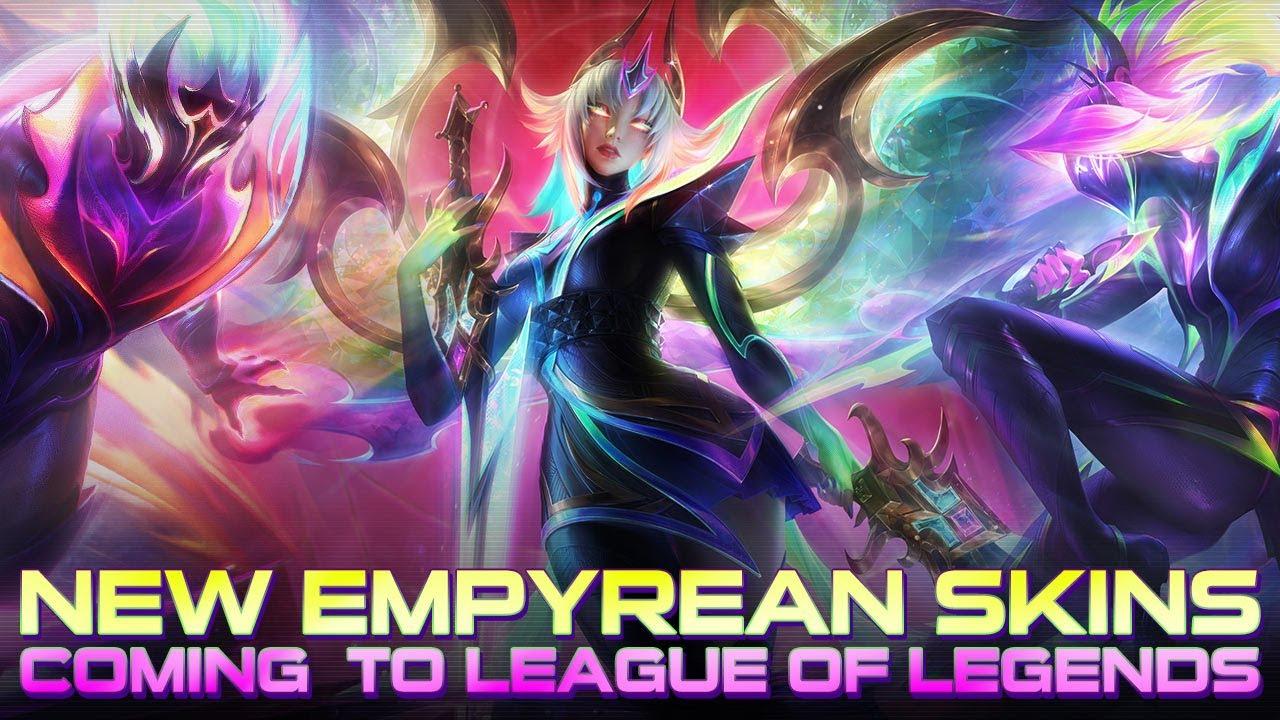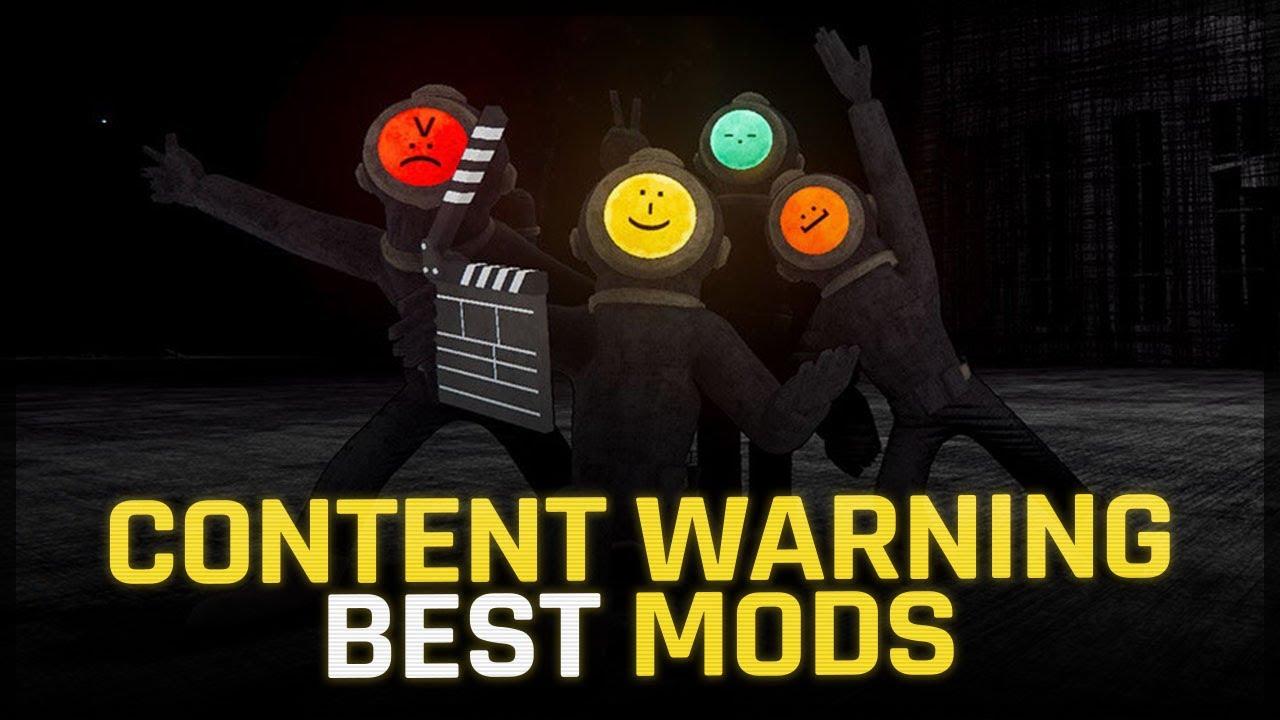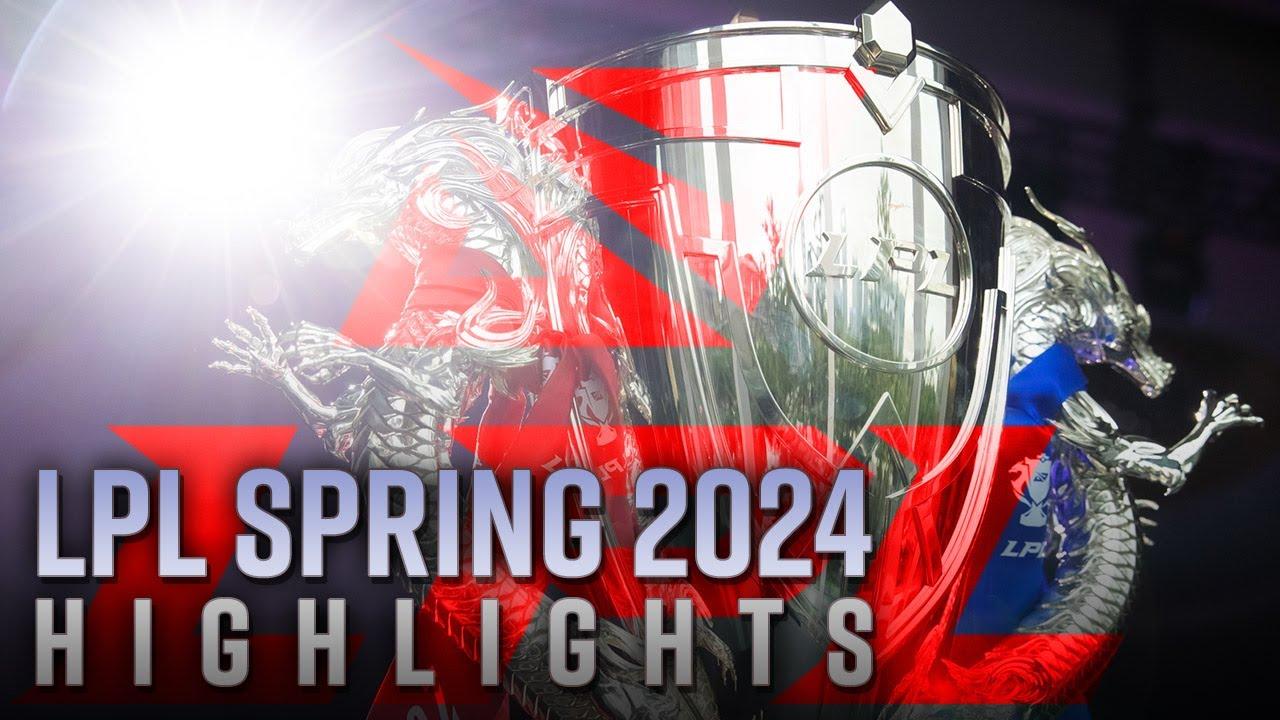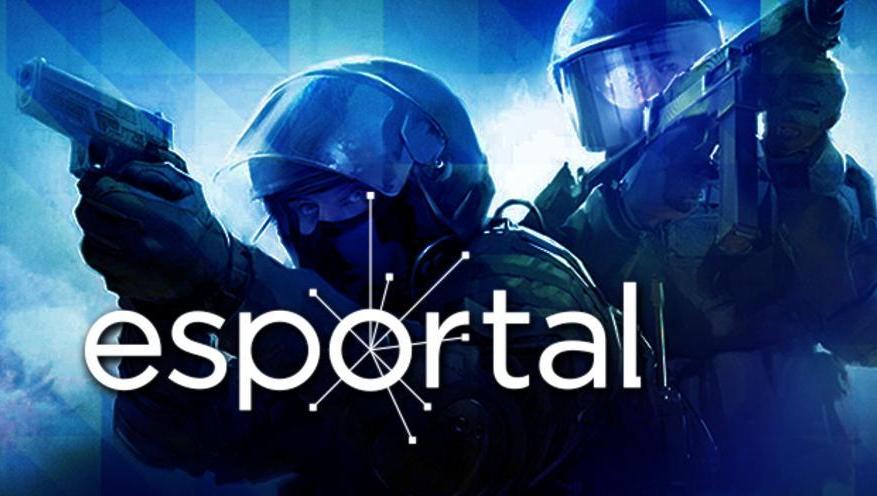
CSGO hacker facing 6 years in prison over alleged DDoS attack
Ruining a game usually lands you a 30-minute matchmaking ban, but one griefer is staring at six years in prison.
Swedish police have arrested a citizen accused of cyberattacks on Counter-Strike: Global Offensive matchmaking service Esportal. The suspect is believed to have launched thousands of direct denial of service attacks on the website, specifically targeting certain streamers. This arrest comes as cybercrimes come more and more under the spotlight due to an uptick in ransomware attacks.
Esportal has accused the suspect of being responsible for a massive number of DDoS attacks targeting its service. DDoS attacks utilize a network of computers to flood a website with unexpected traffic. This leads to site downtime, slow servers, and a terrible user experience. The suspect is also accused of stealing user information, though details of those claims are confidential.
Esportal is one of the most popular CSGO matchmaking services in northern Europe, especially Sweden. The service boasts 500,000 active players. Esportal’s official social media channels acknowledged DDoS attacks as recently as July 13, just over a month before the arrest was announced by Swedish media.
Vi vet om problemet ang. streamers som får deras matcher förstörda på grund av riktade DDoS attacker mot deras spelservrar, vi jobbar intensivt med våra serveroperatörer för att både förhindra och åtgärda problemen så snabbt som möjligt. Vi ber om ursäkt och tackar för tålamodet!
— Esportal (@esportalcom) July 13, 2021
“We know about the problem regarding streamers who have their matches destroyed due to targeted DDoS attacks on their game servers. We are working intensively with our server operators to both prevent and fix the problems as quickly as possible. We apologize and thank you for your patience,” Esportal said.
Esportal’s internal investigation ended on July 27 when the company handed its findings over to legal authorities. The hacker was arrested on August 6. The attacks allegedly took place throughout the summer.
If the individual is found guilty, the minimum for such an offense in Sweden is six months in prison but the penalty could escalate to six years if the suspect is a repeat offender. DDoS attacks and similar forms of targeted harassment also go against Valve’s end user license agreement.
Recommended

All maps are now available in CS2, what does it mean?
Poor Inferno players.

Redline creator reveals a sequel skin for CS2
Maybe call it the Orangeline?
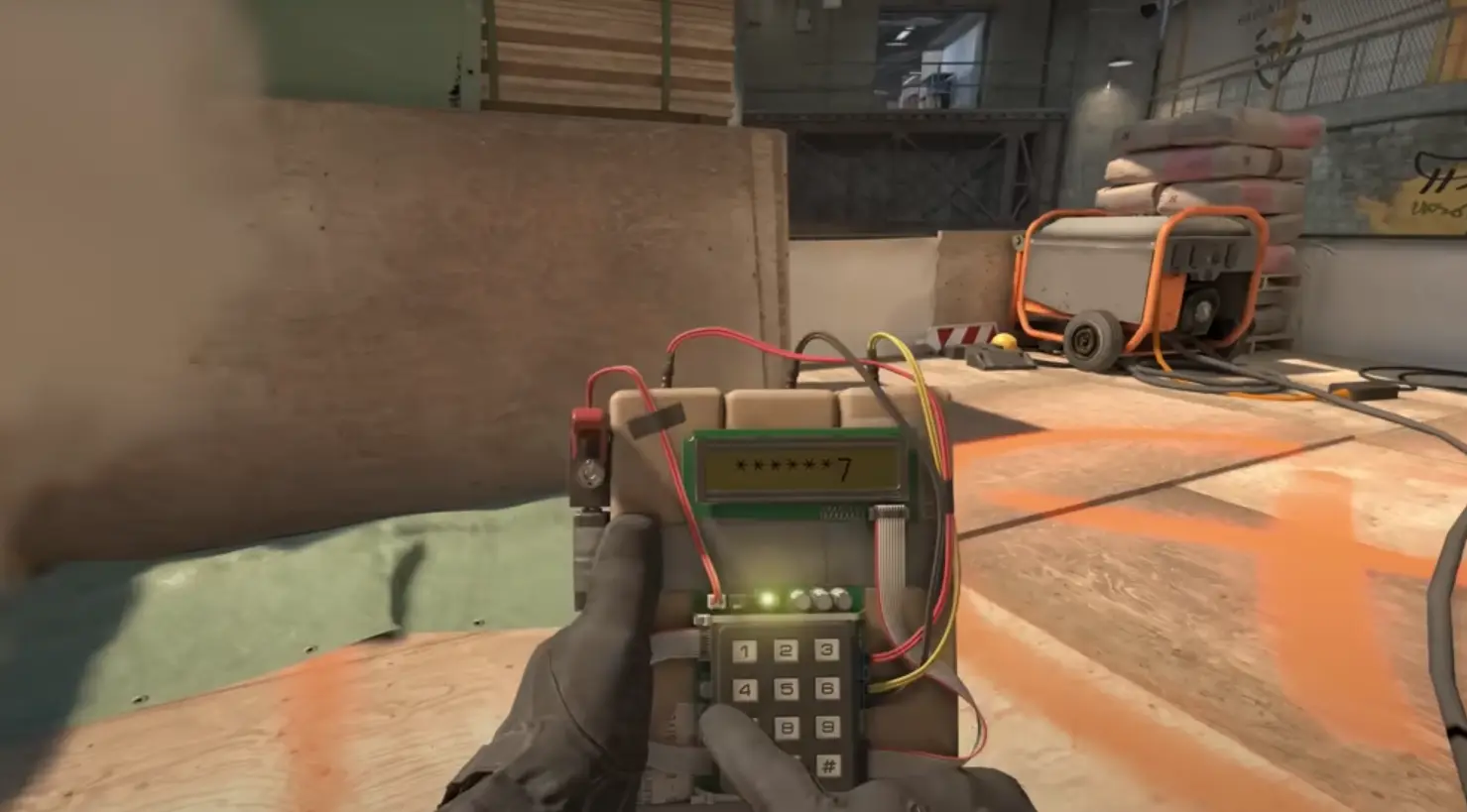
CS2 release date: Everything we know so far
Is it CS2-morrow? No, it is not.



